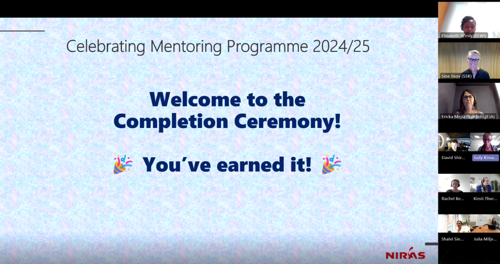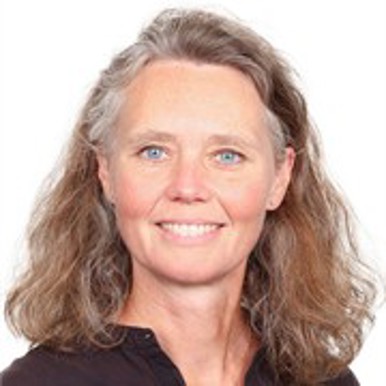For Carolina de Silva Cristofaro, a project manager and tender specialist specialising in environmental and resilience planning, her mentorship under the Head of Climate Change and Natural Resources Management, Martin Becher, became instrumental in bettering the way she worked. This was made possible by the personalised guidance the programme encouraged.
“I’m very grateful for the opportunity – the programme was a great support system and helped me grow,” says Carolina, who noticed a tangible change in the way she connected with project team members and stakeholders. “Each session became a space to bring up a topic I could use Martin’s guidance on, which made the support incredibly relevant and practical.”
Consultant and fellow mentee, Rachel Beattie, also saw the importance of having a safe space to exchange ideas with her mentor, Senior Programme Manager Khalil Ansara. To her, it gave them both the opportunity to allow creativity to flow in their discussions and spur ideas into action. “Having that kind of space to discuss things and creatively think outside of your normal working patterns...it’s something both my mentor and I were really keen to use,” she says, adding that an extra value of participating in the programme is the networking it promoted within NIRAS, an organisation with 62 offices and about 3000 employees around the globe.









